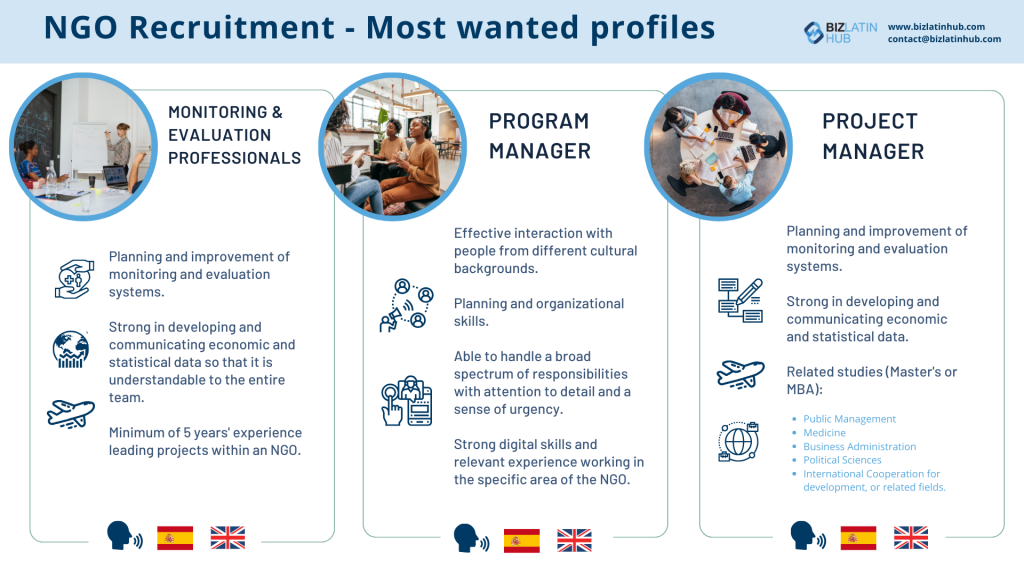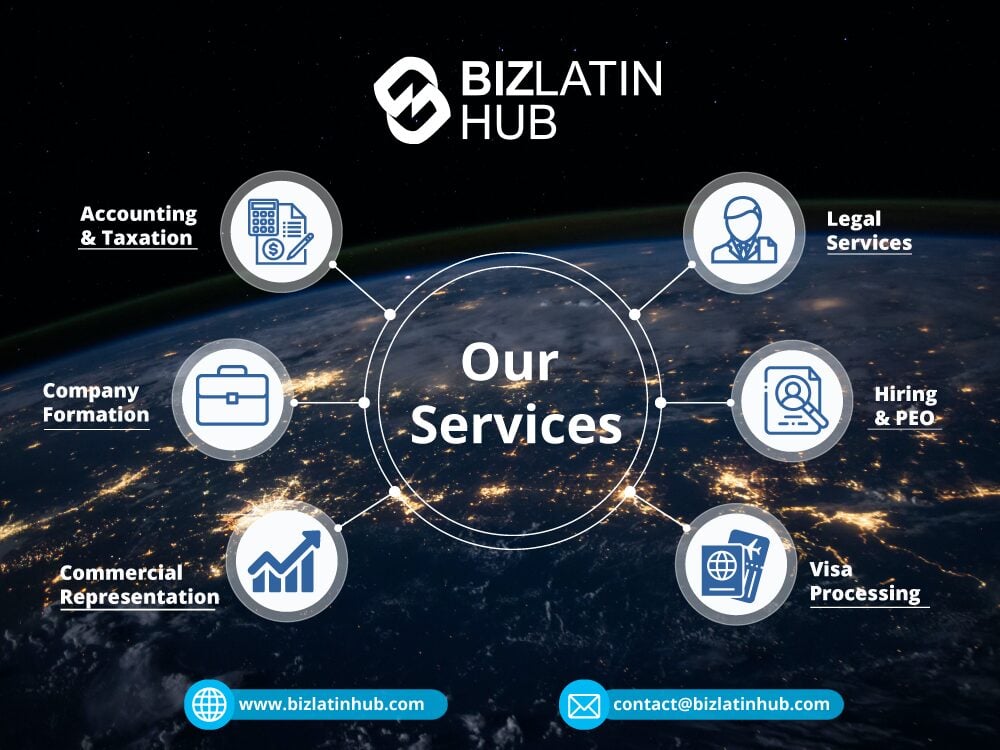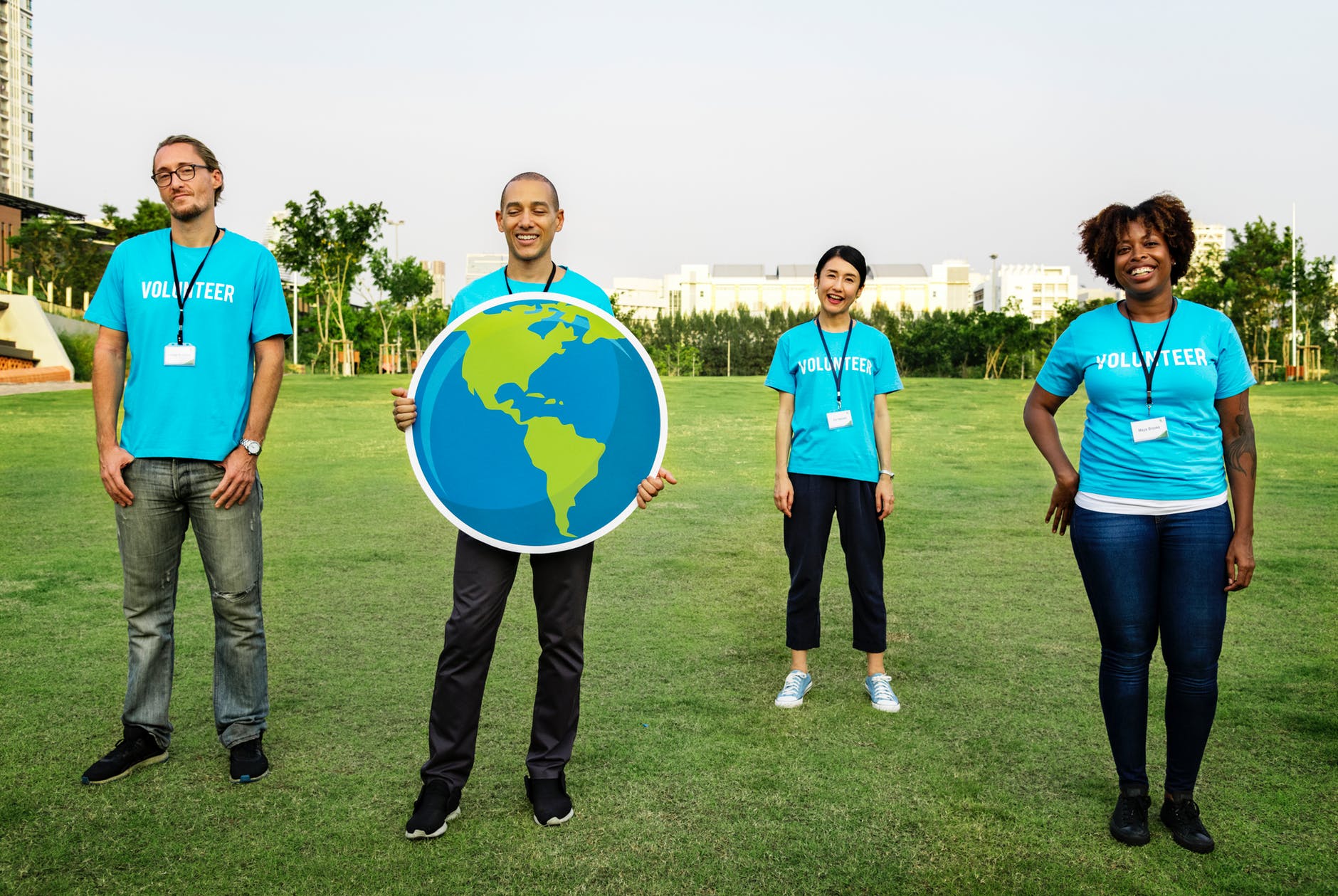Understand how to form an NGO in Argentina, a country that is considered as one of the most attractive business landscapes in Latin America due to its stable economy, and attractive urban coastline. Forming an NGO in Argentina is a way to make a difference in the community and benefit from national growth.

Why form an NGO in Argentina?
NGOs play a major role in the development of Argentina and ensure the welfare of its people. Furthermore, non-profit organizations often gain support from private and public entities.
An NGO will help you to build a more efficient society in order to enhance profitability and business opportunities, as they often benefit from tax exclusions depending on their specific activities. An NGO in Argentina can rely on a variety of sources for funding, including:
- Grants.
- Membership dues.
- Private donations.
- Sale of goods and services.
Benefits of incorporating an NGO in Argentina
According to the Federal Administration of Public Revenues (AFIP), NGOs such as foundations and civil entities of social assistance, public health, charity, and education can access to the following benefits:
- Non-taxable revenue.
- Exempt from withholdings or taxable earned income.
- Exempt or reduced rate in tax on credits and debits in bank accounts and other operations.
- The services offered by the Civil Association are exempt from Value Added Tax when they are directly related to its specific purposes.
Steps to form an NGO in Argentina
1. Prepare the statutes of the association
A statute is the main legal instrument of the association. It establishes the purposes of the entity, the operating rules and the rights and obligations of the partners and managers involved. When drafting the statute, you must note the following:
- Reserve before the General Inspection of Justice (IGJ) the name or denomination of the entity.
- Establish organizational purpose and objectives.
- Define the type of partnership and the rights and obligations of the associates.
- Define corporate bodies.
- Declare initial assets.
- Establish disciplinary actions for the associates.
- Clearly establish the system of election of authorities.
- Set a closing date for the financial year.
- Provide how-to dissolve and liquidate the organization.
2. Carry out a constituent assembly
A constituent assembly is the beginning of the association and is a requirement to form an NGO in Argentina. As result, all the founding partners must participate and sign the minutes.
3. Register the association with the Inspección General de Justicia (IGJ)
Once you register the association with the Inspección General de Justicia (IGJ), you will obtain legal status. Once the legal status is granted by the IGJ, a resolution with a specific number is issued.
4. Sign the incorporation books
When incorporating an NGO in Argentina, it is mandatory to carry the following books:
- Minutes book.
- Registration of partnership.
- Inventory and balance book.
- Cash flow book.
Note that the above-mentioned books must be signed by the IGJ.
5. Register with the association with the Registro de Organizaciones de Acción Comunitaria (ROAC)
All organizations in Argentina must register with the Registry of Community Action Organizations (ROAC). The purpose of the ROAC is to recognize and verify organizations that carry out their activities in the Autonomous City of Buenos Aires. Note that the rights and obligations of the members in the civil association are regulated by the Civil and Commercial Code of the Nation.
Form an NGO in Argentina with expert legal support
If you are thinking about turning your social project into an official NGO to promote social and other non-profit causes, and also profit from tax benefits, you must know that this process requires key knowledge of the local legal requirements and processes to achieve the best start. At Biz Latin Hub, our multilingual team of legal and accounting experts can guide you through all required steps to form an NGO in Argentina and other Latin American countries.
Contact us now to receive support and assurance during the NGO formation process and remain in compliance with local regulations in Argentina.
Learn more about our team and expert authors.






